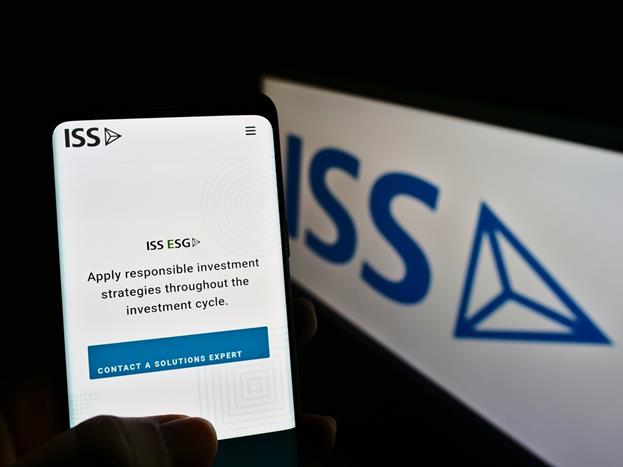The head of the world’s largest proxy advisory firm, ISS, has intervened tersely in the ongoing politicisation of ESG, striking back at politicians attempting to block the use of environmental and social factors for investment decisions and insisting his organisation is “apolitical”.
The remarks, from Gary Retelny, president and chief executive of Institutional Shareholder Services, follow a period in which ESG concepts and their use in fund management have become increasingly politicised by right-wing activists who have, in some cases, accused it of being “woke capitalism”.
Retelny’s response was written into an article and sent to The Wall Street Journal at the end of May but ISS says that, so far, there has been no response from the paper which, it says, “continues to feature partisan misinformation about ISS”.
Retelny says moves to block the use of ESG may undermine fund managers’ efforts to fulfil their “fiduciary duty”.
He writes: “Certain state legislatures and regulators, however, want to limit or eliminate the use of ESG factors, whether in the investment process or in proxy voting, regardless of the impact of such factors on shareholder value and investment returns.
“These proposals seek to ‘cure’ alleged improprieties in the use of ESG considerations without providing evidence that such considerations are being misused.
“Imposing heightened duties on investors, investment managers, and proxy advisers who consider ESG criteria and thwarting investors’ access to research and analysis that incorporate such criteria may further a political agenda, but they do not encourage fiduciary conduct.”
Retelny adds that ISS “is not an activist or advocacy organisation”, but “an impartial, federally regulated service provider to institutional investors who direct and control their own proxy voting decisions”.
Serial defender
Retelny has a track record of defending the work of proxy advisers and in particular ISS. However, his latest intervention comes as the row over ESG in the US intensifies. Some commentaries speculate that Republicans are attempting to turn ESG into “liability” for Democrats in the 2024 presidential elections.
Texas has legislated to blacklist companies from doing business with the state if they “boycott energy companies”. Other states, including Indiana, Kansas, South Carolina and West Virginia, have acted similarly. Ron DeSantis, governor in Florida, passed laws forcing the state’s pension scheme to focus on investment returns “without considering the ideological agenda of the environmental, social and corporate governance movement”.
Perhaps the biggest intervention was a letter signed by the attorneys-general of 18 states, claiming BlackRock’s use of ESG in investment decisions was “quixotic” and “potentially illegal”.
BlackRock too issued a public counter to the accusations. “We believe investors and companies that take a forward-looking position with respect to climate risk and its implications for the energy transition will generate better long-term financial outcomes,” it said.
The ESG row has dragged in companies, regulators, politicians and now the proxy advisers and is beginning to touch on many aspects of US business.
Retelny concludes that any consideration of ESG factors “will continue to be attacked”.
“But we are not involved in a popularity contest. ISS will continue to operate independently and thoughtfully in a manner that best serves our clients, as we have done for more than thirty-five years.”





